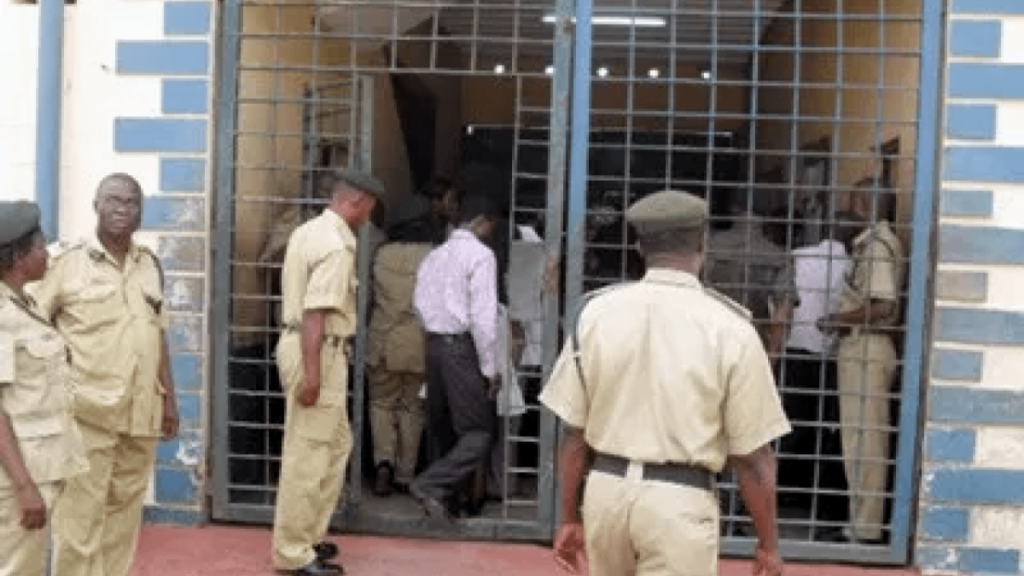The detention of minors in adult correctional facilities across Nigeria stems from systemic gaps and the near-total collapse of state-run juvenile remand homes, officials from the Nigerian Correctional Service (NCoS) revealed during a government-led investigative hearing. Timothy Dabit, head of the NCoS welfare department, attributed the crisis to inadequate infrastructure and procedural failures, particularly at the state level, during his testimony on Monday in Abuja.
Speaking before the Independent Investigative Panel on Alleged Corruption, Abuse of Power, and Inhumane Treatment—convened by Interior Minister Dr. Olubunmi Tunji-Ojo—Dabit explained that underage detainees often enter adult facilities due to police-issued warrants. Officers, he said, are legally obligated to admit minors if documentation specifies their age, though such placements frequently spark disputes. “When a child arrives with a warrant, we must comply, even if it leads to contentious debates with law enforcement,” he stated.
Geographic limitations compound the issue, Dabit added. Only three juvenile detention centers—in Kaduna, Ilorin, and Abeokuta—remain operational nationwide, with combined capacity for fewer than 800 minors. Overcrowding plagues these facilities, except in Ilorin, which he noted is largely unused. Most states once maintained remand homes, but “as we speak, most are non-functional,” Dabit emphasized, stressing that constitutional responsibility for these institutions lies with state governors. He appealed to the panel to pressure state leaders to revive juvenile detention infrastructure, calling it critical for safeguarding young offenders.
The official also addressed allegations of pregnancy among female inmates, categorically denying that pregnancies occur within custodial centers. “Tests are conducted immediately upon intake to confirm a woman’s status,” he asserted, adding that specialized staff at borstal centers receive training to support minors’ psychosocial needs.
Critics, however, argued that systemic neglect persists. Dr. Abigail Onu, representing Nigeria’s psychological associations, condemned the mingling of children with adult detainees as a violation of international standards. “Detaining minors in adult prisons inflicts lasting psychological damage,” she warned, referencing studies on Adverse Childhood Experiences. She urged authorities to relocate under-18s to specialized care centers and expand trauma-informed mental health services nationwide.
The panel, chaired by Interior Ministry Permanent Secretary Dr. Magdalene Ajani, includes civil society representatives and marks the government’s latest effort to address corruption and human rights concerns within correctional systems. While NCoS officials highlighted logistical challenges, advocates pressed for urgent reforms, framing the issue as both a legal obligation and a moral imperative to protect vulnerable populations.
